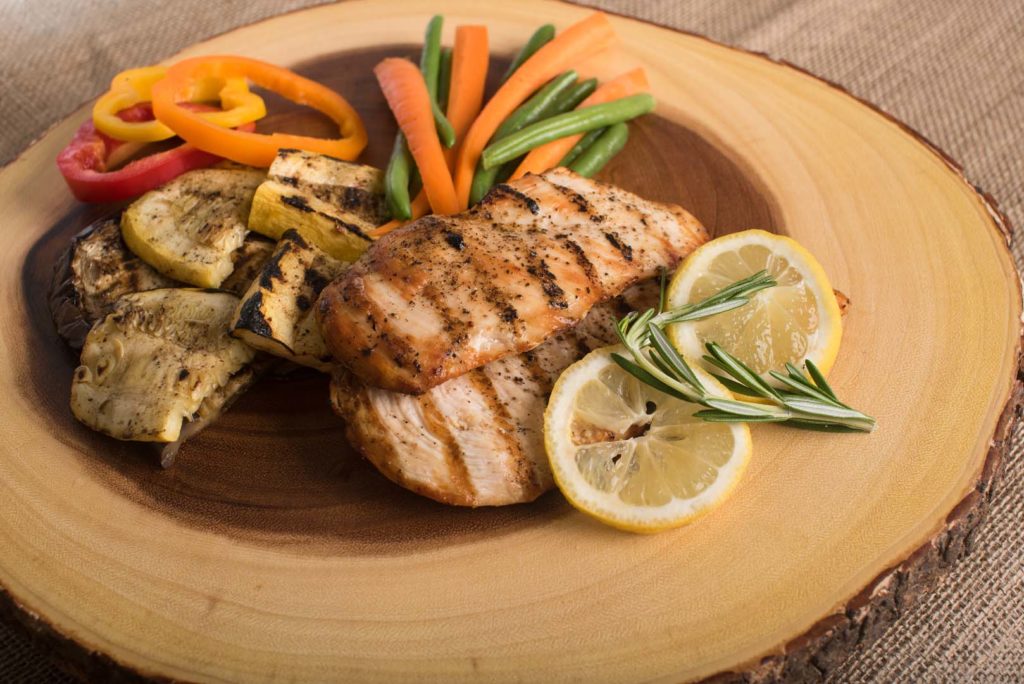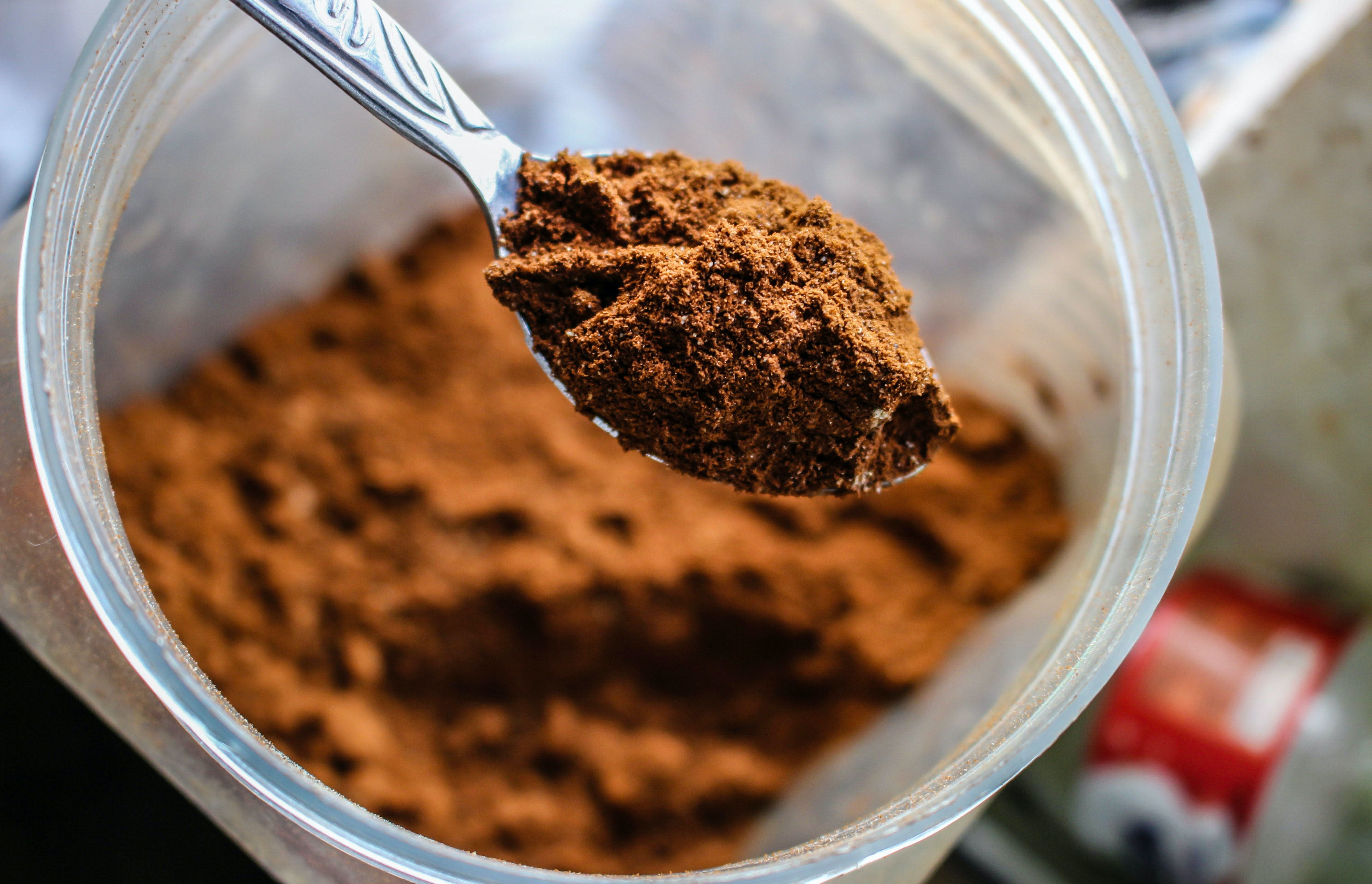Protein powder is the first supplement people typically turn to when they decide they want to build muscle, lose fat, or just improve performance or the way their body looks. Choosing the right protein and taking it with the right liquids will make a difference on whether one will just gain weight from it or actually gain muscle and even definition.

Many questions need to be answered in regard to the benefits of protein and its effectiveness. Many people think that by just ingesting protein and not really have a regimented well planned fitness program will automatically build muscle and keep them fit. Others make a “fabulous dessert” out of protein drinks, loading it with so many calories and fat that they defeat the purpose of taking the protein in the first place. A lot of basic questions commonly arise. For example:
- What will protein do for me?
- What will be the benefits I will have by taking protein?
- Does protein really work or am I wasting money and time?
- What’s the difference between whey and casein? Which is better or is there a better protein?
- How and when should I take protein to get maximum results?
- What are the potential side effects of ingesting protein?
- What brand of protein is the best to buy?
I will try my best to answer all those questions (and more) right now…
What Is Protein Powder?
Protein powder is one of the best-known supplements by the masses on the planet earth. There’s probably no one that needs to have an explanation of what protein powder is. And if you need an explanation, you probably have been living in another planet.
Protein is just… protein… in powdered form. Surprised?
Foods like chicken, fish, and beef are high in protein, however being in solid form bound with other organic matter, they take longer to digest and the body might not assimilate as much of it as it does with powder protein. Variables such as the individual’s digestive system, how well they chew their food, how they cook the meat or fish, etc. play a big role in how much of the actual protein in the food the body will assimilate.

Protein powder (whey, casein, Hemp, etc.) can be mixed with some form of liquid (water, milk, juices, etc.). I personally recommend staying away from cow’s milk and using coconut milk instead. As matter of fact I strongly recommend staying away from any byproduct of the cow. Some juices are good to mix protein powder with or some blended fruit.
What Does Protein Powder Do? What Are Its Benefits?
If you are on a fitness program and want to build additional muscle mass, powder protein will help you without you having to consume large amounts of meat and fish to supplement your nutrition. Protein powder is quick, easier to digest and you know exactly how many grams you are consuming.
The benefits lie within the protein itself. Your daily protein intake is the second most important part of every single nutritional plan (quantity, quality, and calorie intake are always #1).
The importance of protein when you are on a fitness program, are as follows:
- In terms of the overall health and function of your body, protein plays a crucial role in the growth, repair or function of organs, bones, hair, skin, blood, and muscle! It is crucial to rebuild your body after a fitness session.
- In terms of building muscle, especially when you are breaking down muscle tissue on a fitness regimen, the human body just can NOT build (or even maintain) muscle if you don’t eat a sufficient amount of protein on a daily basis.
- In terms of losing fat, consuming enough protein each day is the dietary key to ensuring the weight you lose is fat and NOT muscle. This is as long as your nutritional program does not call for un saturated fats, process sugar, processed food or excessive eating for your size.
- Protein has also proven to be the most filling of the 3 macronutrients (more than carbs or fat), which means it plays the largest role in controlling your hunger and curbing your appetite and subsiding unneeded cravings.
- Protein also has the largest thermic effect of food, which means that it requires more calories to be burned during digestion than any other macronutrient (again more than carbohydrates or fat).
Sufficient daily protein intake is an absolute requirement for overall health. If you are engaged in a fitness regiment, protein is a must for building muscle, maintaining muscle while losing fat, keeping you full and satisfied, and helping you naturally burn more calories each day.
©Copyright – Hector Sectzer

















